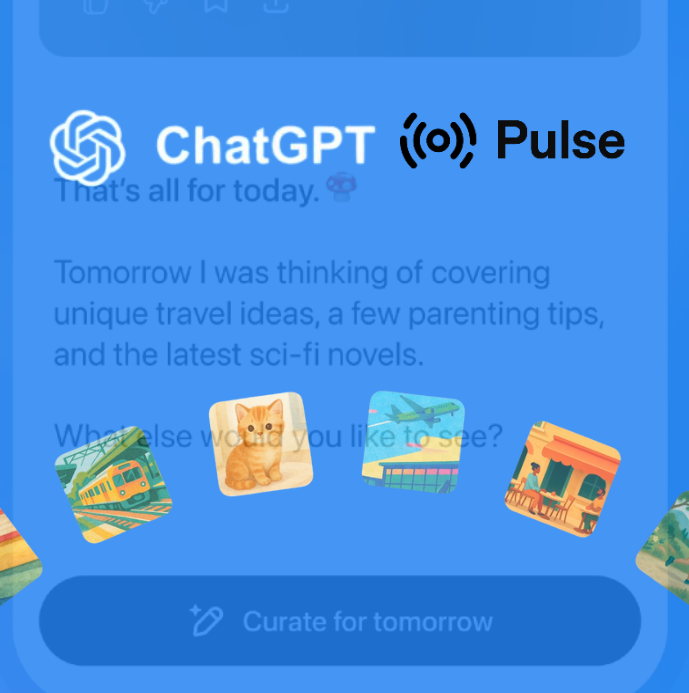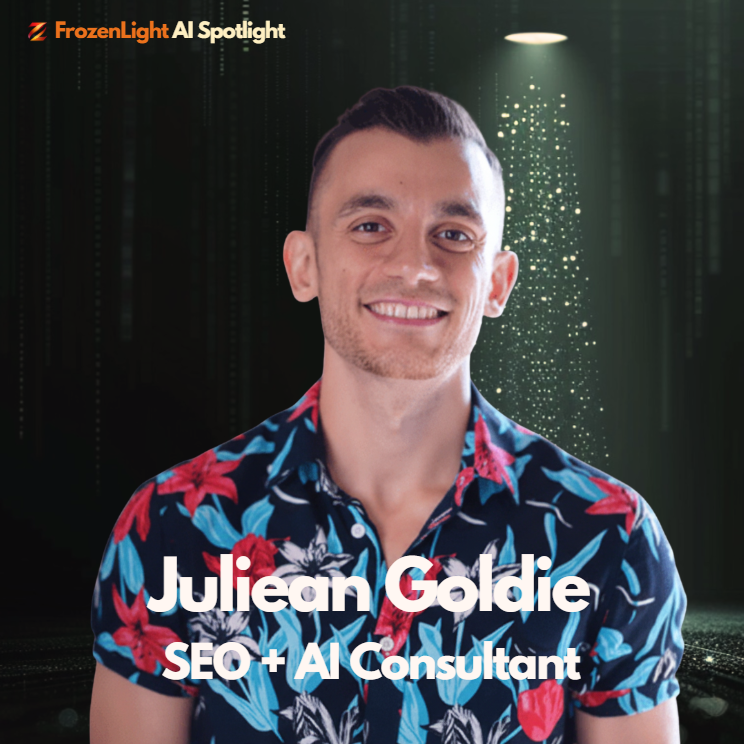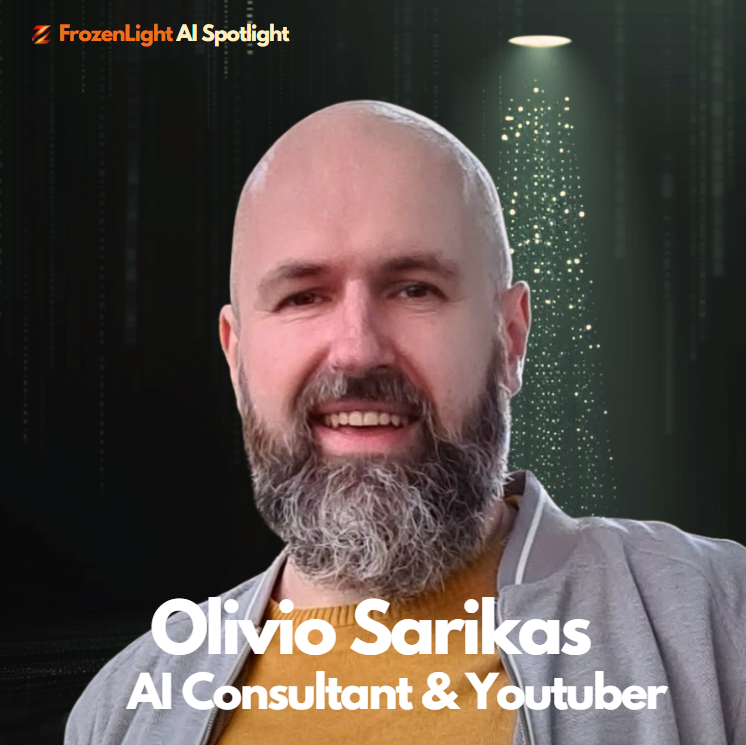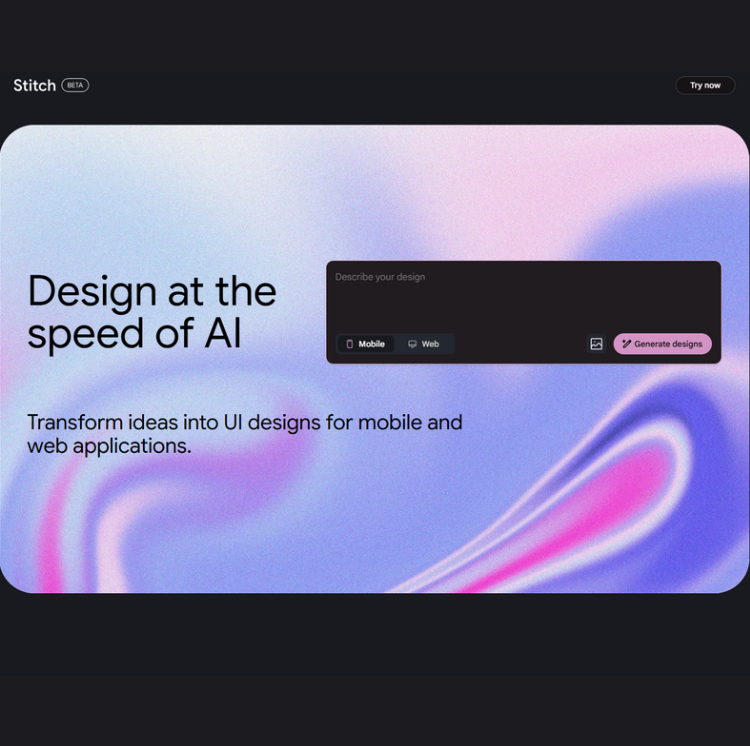
Researchers just dropped FaceAge - a deep learning system that guesses your biological age based on a face photo. Not your birthday-cake age. Your real, under-the-skin, life-left-on-the-clock biological age. And turns out? That haggard look in your selfie might say more about your health than your last lab test.
This model was trained on over 58,000 "healthy" faces and validated on thousands of cancer patients. The goal? Give doctors a tool to improve survival predictions. Because if you look older than you are, it turns out, you might die sooner. (Yikes.)
What the Researchers Are Saying
The study’s authors are making a bold pitch:
“FaceAge can enhance clinical decision-making, especially in oncology.”
Translation: They want doctors to stop eyeballing patient frailty like it’s 1983, and use AI instead.
They also ran gene analyses to show that FaceAge correlates with molecular aging markers like CDK6 - a big swing to prove this isn’t just pixel magic.
What That Means (In Human Words)
FaceAge is trying to solve a very old medical problem: looks do matter, but doctors don’t have a standard way to measure it.
Now, instead of a gut feeling, there's a model. One that says: "This person looks 75, not 65." And that 10-year gap? Statistically meaningful. In trials, FaceAge outperformed actual age when predicting cancer patient survival.
It even beat some doctors in a side-by-side test.
Frozen Light Team Perspective
This isn’t a skincare app. It’s AI telling you how close you might be to the finish line.
Let’s get real: Most clinical decisions rely on an outdated combo of doctor instinct + guesswork + how tired a patient looks. FaceAge turns that subjectivity into a number. A damn useful one.
And here’s what we love about this:
-
It uses publicly available data.
-
It doesn’t need a blood test.
-
It gives machines a way to say: “This patient is aging faster than the calendar says.”
But.
It’s also the kind of tool that makes insurance companies drool. Age-predicting AI could easily become health-discriminating AI. So let’s not lose our ethical minds just because the tech is cool.
Bottom line: FaceAge might be a breakthrough. Or it might become the next biased algorithm making high-stakes calls.
We’ll be watching.
Key Takeaways
-
Is it available? Not yet for public or clinical use. It’s research-stage.
-
Where can I read more?
-
Full study in The Lancet Digital Health: https://www.thelancet.com/journals/landig/article/PIIS2589-7500(25)00042-1/fulltext
-
-
Who funded this? NIH and the European Research Council.
-
Ethical flags? Yep. Bias and misuse risk are very real.
FaceAge doesn’t just guess your age. It makes your face part of your medical record.
Handle with care.









